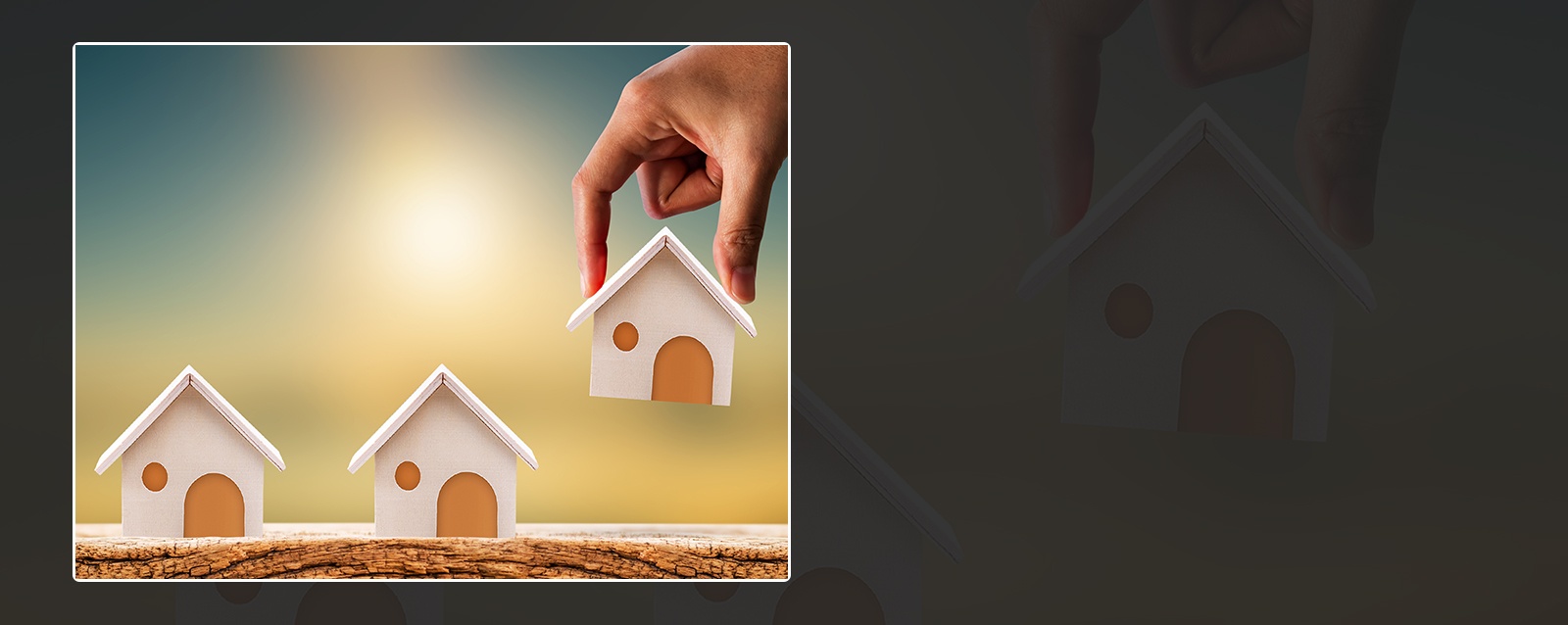
Understanding the process involved in buying rental property is essential. It is important to understand the pros and cons associated with owning rental property. Consider who will live in the property and when it will be vacant. Also consider why you want it to buy.
Rent to Own
Rent to own is a way to buy a single-family house without paying the full amount at once. It is a great way to improve your credit score and save for a downpayment. Furthermore, it helps you avoid private mortgage insurance.

Hard money loans
Hard money loans to buy rental property are loans that are based on the value of an asset, such as a property, rather than the borrower's credit history. This means that lenders consider both the property’s current value as well as its potential value after repairs. Hard money lenders are more likely to offer rental property loans at lower interest rates than other types of financing.
Owner-occupancy mortgages
Owner-occupancy loans to buy rental properties are a great way to diversify your investment portfolio and generate rental income. These loans are usually issued at a higher interest rate and require a larger down payment, due to the risk that investors may default on the loan. These more restrictive terms can be beneficial for real estate investors because they will be allowed to fully expense interest as a tax deduction.
1031 Exchanges
You might be interested in 1031 exchanges for rental properties. It's a great way of increasing your portfolio. The key to this strategy is to find a replacement property quickly. You must find it in 45 days, and close on it no later that 180 days after selling the original property. There are several rules that must be followed, but a smart property-finder tool will make this process easier.
Buying a single-family home for rental purposes
A single-family residence can be used for residential rental purposes. There are many advantages to this property over multi-family ones. First of all, single-family homes tend to have more space inside and outside. This makes single-family homes more appealing for tenants who have children or pets. Many single-family homes also have off-street parking and fenced-in yards, which can help tenants get in touch with them. Another advantage of single-family homes is that they are usually more affordable than multi-family properties.

Budgeting for the entire process
To budget for buying rental property, the first step is to determine how much money you can afford each month. This should be calculated based on your monthly income and expenses, as well as the costs of owning and maintaining a rental home. Then, you should calculate how much of that amount will go towards monthly expenses and rent. It is essential that you do not overspend. You also need to learn to live with your savings.
FAQ
How much money do I need to save before buying a home?
It depends on how long you plan to live there. If you want to stay for at least five years, you must start saving now. But if you are planning to move after just two years, then you don't have to worry too much about it.
What should you look out for when investing in real-estate?
You must first ensure you have enough funds to invest in property. If you don’t have the money to invest in real estate, you can borrow money from a bank. Aside from making sure that you aren't in debt, it is also important to know that defaulting on a loan will result in you not being able to repay the amount you borrowed.
Also, you need to be aware of how much you can invest in an investment property each month. This amount should cover all costs associated with the property, such as mortgage payments and insurance.
Also, make sure that you have a safe area to invest in property. It would be a good idea to live somewhere else while looking for properties.
What are the disadvantages of a fixed-rate mortgage?
Fixed-rate loans tend to carry higher initial costs than adjustable-rate mortgages. Additionally, if you decide not to sell your home by the end of the term you could lose a substantial amount due to the difference between your sale price and the outstanding balance.
Should I rent or own a condo?
Renting might be an option if your condo is only for a brief period. Renting can help you avoid monthly maintenance fees. However, purchasing a condo grants you ownership rights to the unit. You have the freedom to use the space however you like.
What flood insurance do I need?
Flood Insurance covers flood damage. Flood insurance can protect your belongings as well as your mortgage payments. Find out more about flood insurance.
Is it possible to get a second mortgage?
Yes. However, it's best to speak with a professional before you decide whether to apply for one. A second mortgage is typically used to consolidate existing debts or to fund home improvements.
Statistics
- Based on your credit scores and other financial details, your lender offers you a 3.5% interest rate on loan. (investopedia.com)
- The FHA sets its desirable debt-to-income ratio at 43%. (fortunebuilders.com)
- When it came to buying a home in 2015, experts predicted that mortgage rates would surpass five percent, yet interest rates remained below four percent. (fortunebuilders.com)
- Private mortgage insurance may be required for conventional loans when the borrower puts less than 20% down.4 FHA loans are mortgage loans issued by private lenders and backed by the federal government. (investopedia.com)
- Over the past year, mortgage rates have hovered between 3.9 and 4.5 percent—a less significant increase. (fortunebuilders.com)
External Links
How To
How to Locate Houses for Rent
Moving to a new area is not easy. It may take time to find the right house. When it comes to choosing a property, there are many factors you should consider. These factors include price, location, size, number, amenities, and so forth.
You can get the best deal by looking early for properties. You should also consider asking friends, family members, landlords, real estate agents, and property managers for recommendations. This will give you a lot of options.